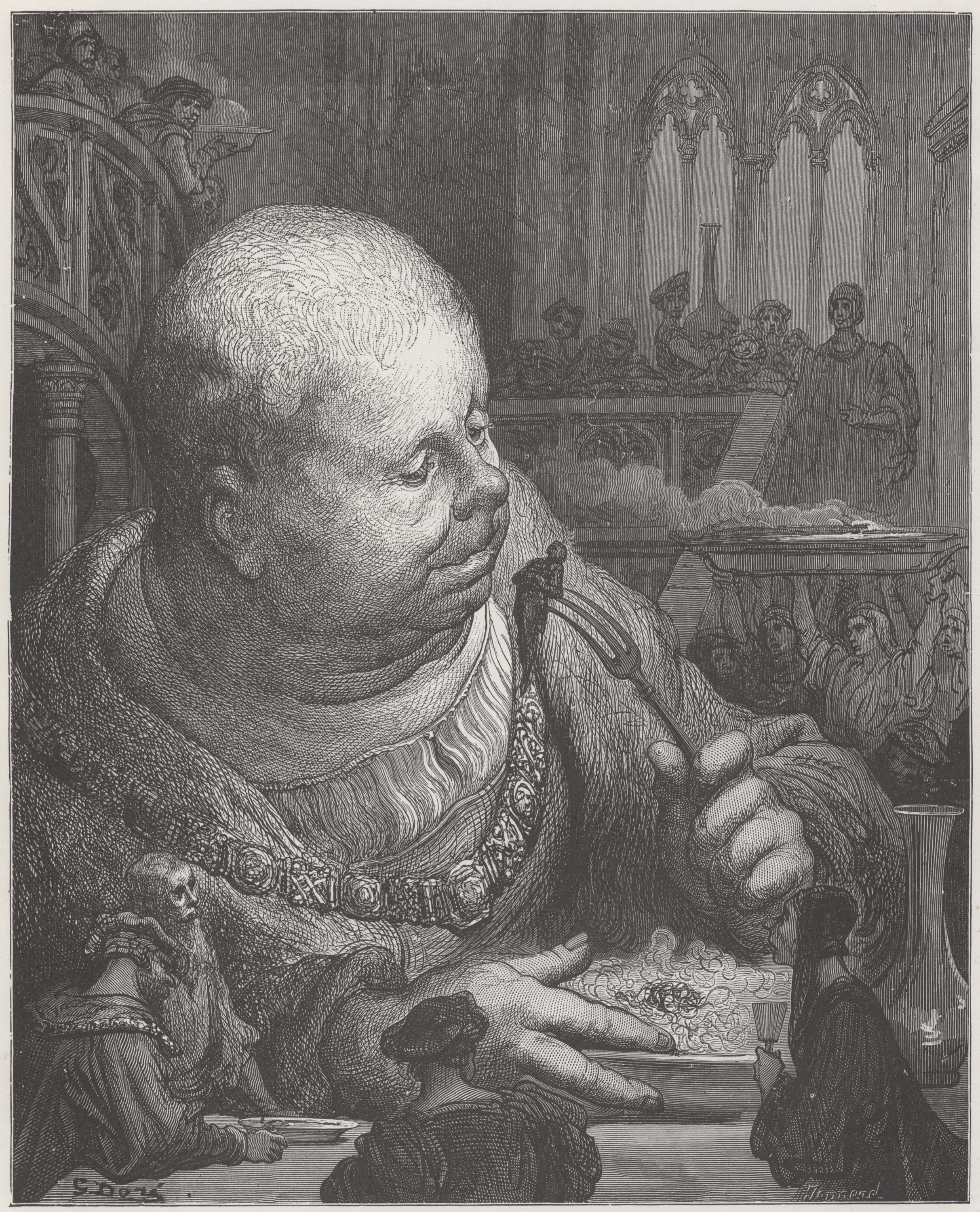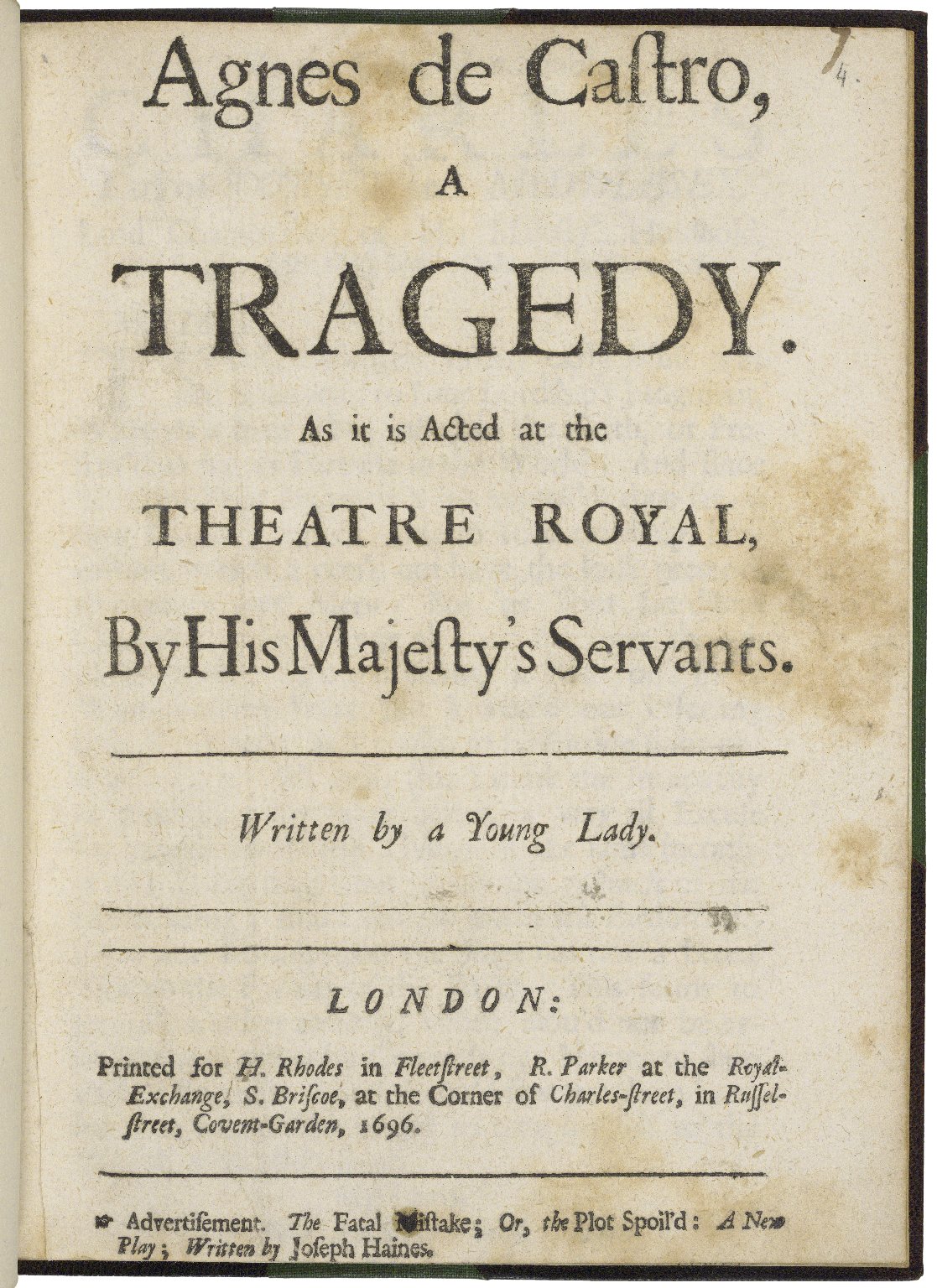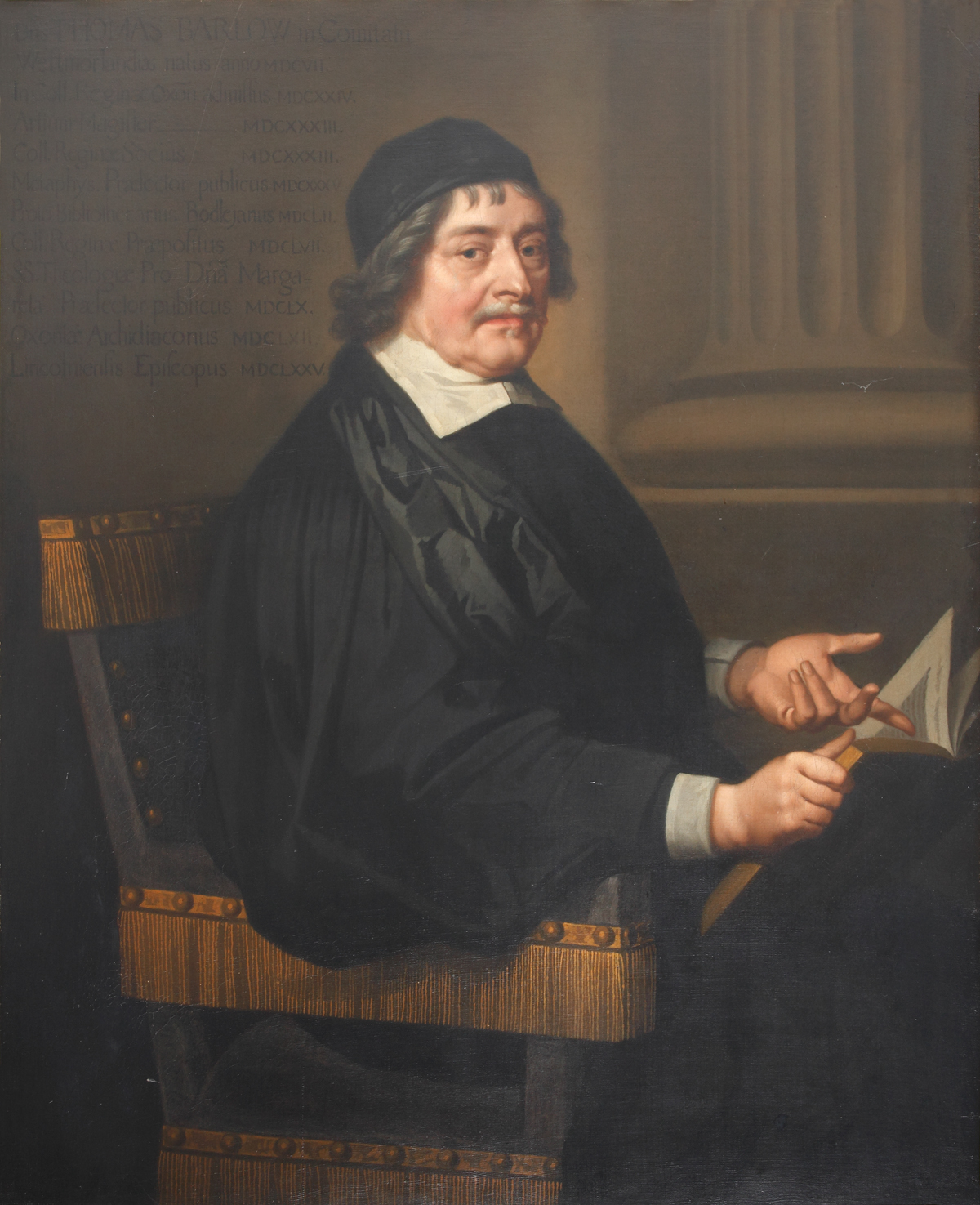|
1693 In Literature
This article contains information about the literary events and publications of 1693. Events *February 27 – March 17 – John Dunton publishes ''The Ladies' Mercury'' in London, the first periodical specifically for women. *March – William Congreve's first play, the comedy ''The Old Bachelor'', is performed at the Theatre Royal, Drury Lane in London. *May – William Bradford prints the first book in New York, George Keith's ''New-England's Spirit of Persecution Transmitted to Pennsylvania''. *July 29 – Anthony Wood is condemned in the vice-chancellor's court of the University of Oxford for libels against Edward Hyde, 1st Earl of Clarendon. He is fined and banished from the university until he recants. The offending pages are burned. *October – Congreve's comedy ''The Double Dealer'' is first performed at Drury Lane. *''unknown dates'' **Joseph Addison addresses an early poem to John Dryden. **Swedish scholar Petter Salan publishes in Upsala ''Fortissimorum pugilum Egil ... [...More Info...] [...Related Items...] OR: [Wikipedia] [Google] [Baidu] |
February 27
Events Pre-1600 * 380 – Edict of Thessalonica: Emperor Theodosius I and his co-emperors Gratian and Valentinian II declare their wish that all Roman citizens convert to Nicene Christianity. * 425 – The University of Constantinople is founded by Emperor Theodosius II at the urging of his wife Aelia Eudocia. * 907 – Abaoji, chieftain of the Yila tribe, is named khagan of the Khitans. *1560 – The Treaty of Berwick is signed by England and the Lords of the Congregation of Scotland, establishing the terms under which English armed forces were to be permitted in Scotland in order to expel occupying French troops. * 1594 – Henry IV is crowned King of France. 1601–1900 *1617 – Sweden and the Tsardom of Russia sign the Treaty of Stolbovo, ending the Ingrian War and shutting Russia out of the Baltic Sea. *1626 – Yuan Chonghuan is appointed Governor of Liaodong, after leading the Chinese into a great victory against the Manchurians under N ... [...More Info...] [...Related Items...] OR: [Wikipedia] [Google] [Baidu] |
John Dryden
'' John Dryden (; – ) was an English poet, literary critic, translator, and playwright who in 1668 was appointed England's first Poet Laureate. He is seen as dominating the literary life of Restoration England to such a point that the period came to be known in literary circles as the Age of Dryden. Romanticist writer Sir Walter Scott called him "Glorious John". Early life Dryden was born in the village rectory of Aldwincle near Thrapston in Northamptonshire, where his maternal grandfather was the rector of All Saints. He was the eldest of fourteen children born to Erasmus Dryden and wife Mary Pickering, paternal grandson of Sir Erasmus Dryden, 1st Barone t (1553–1632), and wife Frances Wilkes, Puritan landowning gentry who supported the Puritan cause and Parliament. He was a second cousin once removed of Jonathan Swift. As a boy, Dryden lived in the nearby village of Titchmarsh, where it is likely that he received his first education. In 1644 he was sent to Westminst ... [...More Info...] [...Related Items...] OR: [Wikipedia] [Google] [Baidu] |
Gargantua And Pantagruel
''The Life of Gargantua and of Pantagruel'' (french: La vie de Gargantua et de Pantagruel) is a pentalogy of novels written in the 16th century by François Rabelais, telling the adventures of two giants, Gargantua ( , ) and his son Pantagruel ( , ). The work is written in an amusing, extravagant, and satirical vein, features much erudition, vulgarity, and wordplay, and is regularly compared with the works of William Shakespeare and James Joyce. Rabelais was a polyglot, and the work introduced "a great number of new and difficult words ..into the French language". The work was stigmatised as obscene by the censors of the Collège de la Sorbonne, and, within a social climate of increasing religious oppression in a lead up to the French Wars of Religion, it was treated with suspicion, and contemporaries avoided mentioning it.Le Cadet, Nicolas (2009) Marcel De Grève, La réception de Rabelais en Europe du XVIe au XVIIIe siècle', Cahiers de recherches médiévales et humanistes ... [...More Info...] [...Related Items...] OR: [Wikipedia] [Google] [Baidu] |
Peter Anthony Motteux
Peter Anthony Motteux (born Pierre Antoine Motteux ; 25 February 1663 – 18 February 1718) was a French-born English author, playwright, and translator. Motteux was a significant figure in the evolution of English journalism in his era, as the publisher and editor of ''The Gentleman's Journal'', "the first English magazine," from 1692 to 1694. Life A native of Rouen, he was a French Huguenot who came to England in 1685 after the revocation of the Edict of Nantes. At first he lived with his godfather, Paul Dominique, and made his living as an auctioneer; by 1706 he maintained a shop in Leadenhall Street, selling imports from China, Japan, and India, and (in his own words) "silks, lace, linens, pictures, and other goods." He also held a position with the Post Office in the first decade of the 18th century. His death in a bawdy house was thought to be suspicious, and caused a good deal of legal disturbance. Five people were tried for his murder, but were acquitted. He was survived ... [...More Info...] [...Related Items...] OR: [Wikipedia] [Google] [Baidu] |
Thomas Urquhart
Sir Thomas Urquhart (1611–1660) was a Scottish aristocrat, writer, and translator. He is best known for his translation of the works of French Renaissance writer François Rabelais to English. Biography Urquhart was born to Thomas Urquhart of Cromarty and Christian Elphinstone, daughter of Alexander Elphinstone, 4th Lord Elphinstone. At the age of eleven he attended King's College, University of Aberdeen. Afterwards he toured the Continent, returning in 1636. In 1639, he participated in the Royalist uprising known as the Trot of Turriff; he was knighted by Charles I at Whitehall for his support. In 1641 he published his first book, a volume of epigrams. Urquhart's father died in 1642, leaving behind a large estate encumbered by larger debts. As the eldest son, Urquhart was from that time on harassed by creditors. He left for the Continent in order to economize, but returned in 1645 and published ''Trissotetras'', a mathematical treatise. In 1648, Urquhart participated in ... [...More Info...] [...Related Items...] OR: [Wikipedia] [Google] [Baidu] |
Catherine Trotter Cockburn
Catharine Trotter Cockburn (16 August 1679 – 11 May 1749) was an English novelist, dramatist, and philosopher. She wrote on moral philosophy, theological tracts, and had a voluminous correspondence. Trotter's work addresses a range of issues including necessity, the infinitude of space, and the substance, but she focuses on moral issues. She thought that moral principles are not innate, but discoverable by each individual through the use of the faculty of reason endowed by God. In 1702, she published her first major philosophical work, ''A Defence of Mr. Lock's ic. An Essay Concerning Human Understanding''. John Locke was so pleased with this defence that he made gifts of money and books to his young apologist acting through Elizabeth Burnet who had first made Locke aware of Trotter's "Defence". Her work attracted the attention of William Warburton, who prefaced her last philosophical work. She also had a request from the biographer Thomas Birch to aid him in compiling a ... [...More Info...] [...Related Items...] OR: [Wikipedia] [Google] [Baidu] |
Catherine Trotter
Catharine Trotter Cockburn (16 August 1679 – 11 May 1749) was an English novelist, dramatist, and philosopher. She wrote on moral philosophy, theological tracts, and had a voluminous correspondence. Trotter's work addresses a range of issues including necessity, the infinitude of space, and the substance, but she focuses on moral issues. She thought that moral principles are not innate, but discoverable by each individual through the use of the faculty of reason endowed by God. In 1702, she published her first major philosophical work, ''A Defence of Mr. Lock's ic.An Essay Concerning Human Understanding''. John Locke was so pleased with this defence that he made gifts of money and books to his young apologist acting through Elizabeth Burnet who had first made Locke aware of Trotter's "Defence". Her work attracted the attention of William Warburton, who prefaced her last philosophical work. She also had a request from the biographer Thomas Birch to aid him in compiling a co ... [...More Info...] [...Related Items...] OR: [Wikipedia] [Google] [Baidu] |
The Third Part Of The Pilgrim's Progress
''The Pilgrim's Progress: The Third Part'' is a pseudepigraphic sequel to John Bunyan's 1678 novel ''The Pilgrim's Progress'', written by an anonymous author. It was published with Bunyan's work in editions from 1693 to 1852 because it was believed to be written by Bunyan. It presents the pilgrimage of Tender-Conscience and his companions. In the 19th century it was bowdlerized Expurgation, also known as bowdlerization, is a form of censorship that involves purging anything deemed noxious or offensive from an artistic work or other type of writing or media. The term ''bowdlerization'' is a pejorative term for the practi ... to omit a few sexual situations and allusions. Plot Tender-Conscience, a native of the town of Vain Delights goes on the pilgrimage of Christian and Christiana to the Celestial City. He stops at some of the same places as they, but he encounters new places not visited by either Christian or Christiana and her party. All of the lands that are outside of the ... [...More Info...] [...Related Items...] OR: [Wikipedia] [Google] [Baidu] |
The Carnal Prayer Mat
''Rouputuan'', also known as ''Huiquanbao'' and ''Juehouchan'', and translated as ''The Carnal Prayer Mat'' or ''The Before Midnight Scholar'', is a 17th-century Chinese erotic novel published under a pseudonym but usually attributed to Li Yu. It was written in 1657 and published in 1693 during the Qing dynasty. It is divided into four volumes of five chapters apiece. It was published in Japan in 1705 as ''Nikubuton'' with a preface proclaiming it the greatest erotic novel of all time. The novel had a controversial status in Chinese literature, and has long been banned and censored; recent scholarship treats the work as an allegory which uses its unabashed pornographic nature to attack Confucian puritanism. The prologue comments that sex is healthy when taken as if it were a drug, but not as if it were ordinary food. Plot summary Set during the Yuan dynasty in the 14th century, the novel's protagonist, Weiyangsheng (未央生; lit. "Unrealised One" or "Unfinished One"), visits ... [...More Info...] [...Related Items...] OR: [Wikipedia] [Google] [Baidu] |
Li Yu (author)
Li Yu (, given name: 仙侣 Xiānlǚ; courtesy name: 笠翁 Lìwēng; 1611–1680 AD), also known as Li Liweng, was a Chinese playwright, novelist and publisher. Life and writings Born in Rugao, in present-day Jiangsu province, he lived in the late Ming and early Qing dynasties. Although he passed the first stage of the imperial examination, he did not succeed in passing the higher levels before the political turmoil of the new dynasty, but instead turned to writing for the market. Li was an actor, producer, and director as well as a playwright, who traveled with his own troupe. His play ''Fēngzhēng wù'' (風箏誤, "Errors caused by the Kite") remains a favorite of the Chinese Kun opera stage. His biographers call him a "writer-entrepreneur" and the “most versatile and enterprising writer of his time”. Li is the presumed author of '' Ròu pútuán'' (肉蒲團, ''The Carnal Prayer Mat''), a well-crafted comedy and a classic of Chinese erotic literature. He also wrote a b ... [...More Info...] [...Related Items...] OR: [Wikipedia] [Google] [Baidu] |
Thomas Barlow (bishop)
Thomas Barlow (1607, 1608 or 1609 – 8 October 1691) was an English academic and clergyman, who became Provost of The Queen's College, Oxford, and Bishop of Lincoln. He was seen in his own time and by Edmund Venables in the ''Dictionary of National Biography'' to have been a trimmer (conforming politically for advancement's sake), and have a reputation mixed with his academic and other writings on casuistry. His views were Calvinist and strongly anti-Catholic – he was among the last English bishops to dub the Pope Antichrist. Christopher Hill, ''A Turbulent, Seditious and Factious People: John Bunyan and his Church'' (1988), p. 167. He worked in the 1660s for "comprehension" of nonconformists, but supported a crackdown in the mid-1680s and declared loyalty to James II of England on his accession, though he had supported the Exclusion Bill, which would have denied it to him. :s:Barlow, Thomas (DNB00) Early life Barlow was the son of Richard Barlow of Long-gill in the parish ... [...More Info...] [...Related Items...] OR: [Wikipedia] [Google] [Baidu] |



